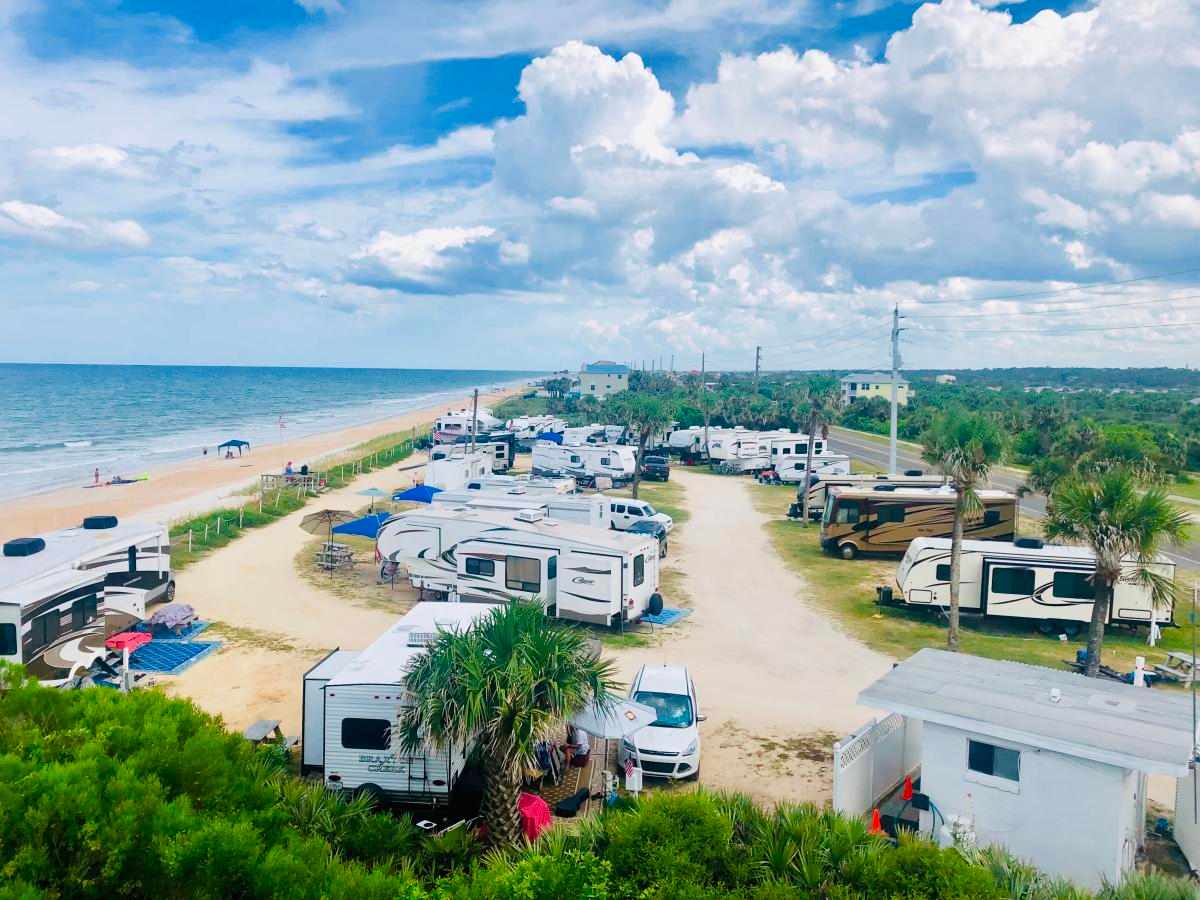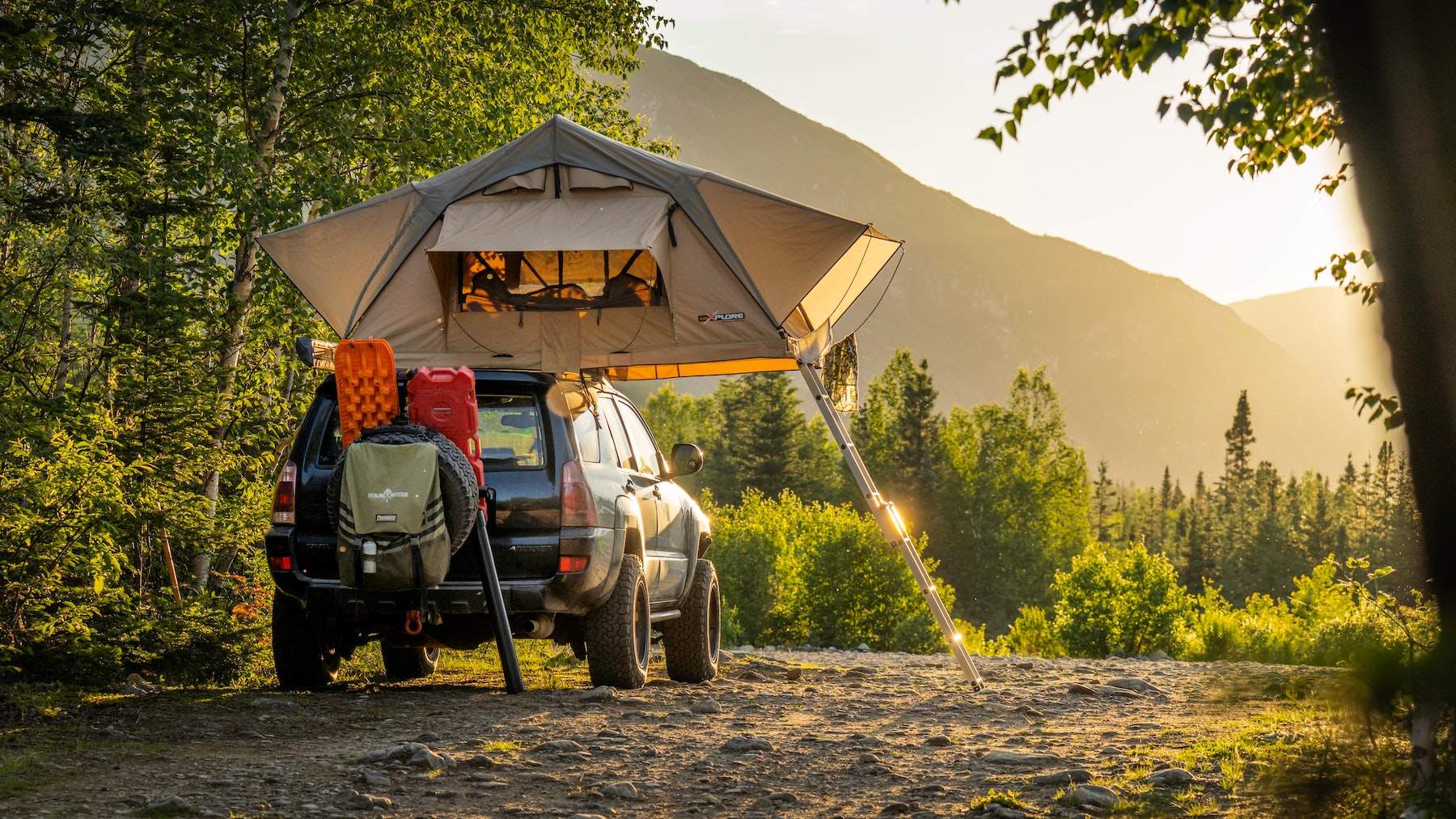Is your passion for the outdoors matched by your dedication to preserving it? Eco-friendly camping is more than just enjoying nature; it’s a commitment to safeguarding it for future generations. With every choice, from gear to waste management, you have the power to minimize your impact and positively influence the environment.
RVs For Rent Near You
Planning and Preparation
Choosing Sustainable Gear
Selecting the right equipment can shape your entire camping experience. Sustainable gear often means choosing high-quality, long-lasting products that have a reduced effect on the environment. Items made from recycled materials or designed for extended use decrease the need to replace equipment frequently, reducing overall consumption. Sustainable camping gear should be prioritized. Seek out tents crafted from recycled fabrics, sleeping bags with ethical down, or cookware that is free of harmful chemicals.
–Biodegradable tent stakes
–Solar-powered lanterns
–Portable water filters to avoid single-use plastic water bottles
–Eco-friendly camping stove fueled by renewable resources like wood pellets or denatured alcohol
–Stainless steel food storage containers
–Compostable or reusable plates, cups, and bowls made from materials like bamboo fiber or palm leaves
–Leave No Trace principles education materials to minimize environmental impact through responsible camping practices.

Transportation and Trail Selection
The journey begins well before you pitch your tent. Contemplate the carbon emissions involved in reaching your destination. Could you get to your campsite by public transit, sharing a ride, or biking? Camping closer to home reduces your carbon footprint. By selecting eco-friendly transportation and nearby trails, you’re cutting emissions and exploring the natural beauty close to home.
Packing Strategies
What you bring —and the way you pack— can significantly affect the sustainability of your camping trip. A minimalist mindset is not just practical; it reflects your eco-conscious values. Focus on multi-use items and avoid disposables. Carry reusable water bottles, cooking tools, and food containers. Your packing list should echo your environmental commitment, with each item serving a specific function. Eco-friendly camping embraces the “less is more” philosophy.
Campsite Management
Minimizing Water Usage
Water is a valuable commodity, even in the wilderness. It’s essential to use it wisely. Actions such as shutting off the tap while brushing your teeth and choosing biodegradable soap for cleaning dishes can conserve water. By being mindful of water use, you contribute to the preservation of local ecosystems.
Energy Reduction Techniques
Lowering energy use while camping doesn’t mean forgoing comfort. It’s about being smart and using resources efficiently. Solar-powered lights and chargers are great alternatives to traditional battery or fuel devices. They supply the necessary energy without harming the environment. Plus, they’re convenient and increasingly accessible. When it comes to energy, it’s not solely about conservation, but also about using renewable sources that don’t exhaust the planet’s reserves.
- Key Points to Remember:
- Opt for durable and eco-conscious gear.
- Choose local camping spots and sustainable travel options.
- Pack simply and use reusable items to decrease waste.
- Save water and opt for biodegradable products to protect water sources.
- Use solar power and other renewables to lower your energy footprint.
By adhering to these principles, you’re not just preparing for an amazing adventure; you’re also ensuring the natural splendor you relish today will endure for others tomorrow. Ready yourself for a memorable journey, one where your environmental respect deepens the experience. Join our community of nature enthusiasts, and let’s organize your next eco-friendly outing. Your adventure awaits, with the chance to make a gentle yet impactful mark on the earth.
Waste Management
Proper waste management is essential for eco-friendly camping. Following the Leave No Trace principles is key to minimizing your impact and safeguarding the wilderness for future visitors. This means carrying out all your waste, using established fire rings, and staying away from soaps or lotions near water bodies. By leaving the area in better condition than you found it, you actively support the preservation of these environments. Leave No Trace is a commitment to the careful stewardship of the natural world.

Eco-Friendly Food Choices and Storage
The food you select and the method you use to store it can significantly affect the environment. Choose local, organic, and minimally packaged food to reduce your ecological footprint. For food storage, opt for reusable containers instead of disposable plastic bags. Proper food storage is critical not only for keeping your food safe but also for protecting wildlife and the ecosystems you’re visiting. Your choices should strike a balance between convenience and reducing your impact on the environment.
Sustainable Camping Practices
Respecting Wildlife and Natural Resources
While in the wilderness, it’s important to remember that you’re a visitor in the habitat of many plants and animals. Keeping a safe distance from wildlife, using trails to prevent damaging vegetation, and not taking natural objects are all ways to show respect for these resources. Your actions should demonstrate an understanding that the outdoors is a living space that deserves our respect and care.
Eco-Friendly Activities
Participating in eco-friendly activities can enhance your camping experience without leaving a negative mark on the environment. Bird watching, hiking, and star gazing are low-impact activities that offer great enjoyment. Selecting activities that don’t rely on motorized equipment or disturb the ecosystem allows you to enjoy nature without harming it.
Post-Camping Considerations
Cleaning Up and Restoring the Site
When your camping trip ends, ensure that you clean up and return the site to its natural state. This includes taking down any structures you’ve set up, disposing of all waste properly, and erasing signs of your presence. Aim to leave the site so that the next campers or wildlife would never know you were there.
Reflecting on the Experience
Once home, spend time considering your camping experience. Reflect on the aspects that were successful and those that could be improved for a smaller environmental impact. Reflecting is a crucial step in becoming a more sustainable camper, as each trip is an opportunity to learn and enhance your eco-friendly practices.
Eco-friendly camping is more than just enjoying nature—it’s an active engagement in its preservation and protection. It requires mindfulness, respect, and a readiness to adapt. Whether through the gear we use, the way we manage our campsites, or the activities we partake in, every aspect of camping can contribute to a more sustainable environment.








